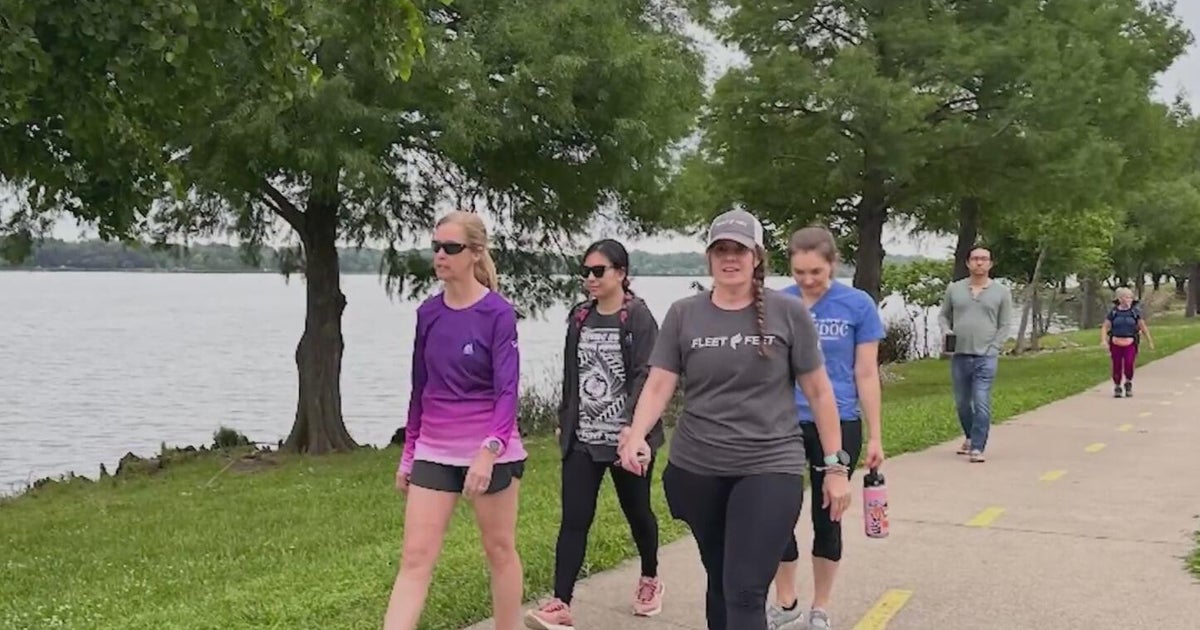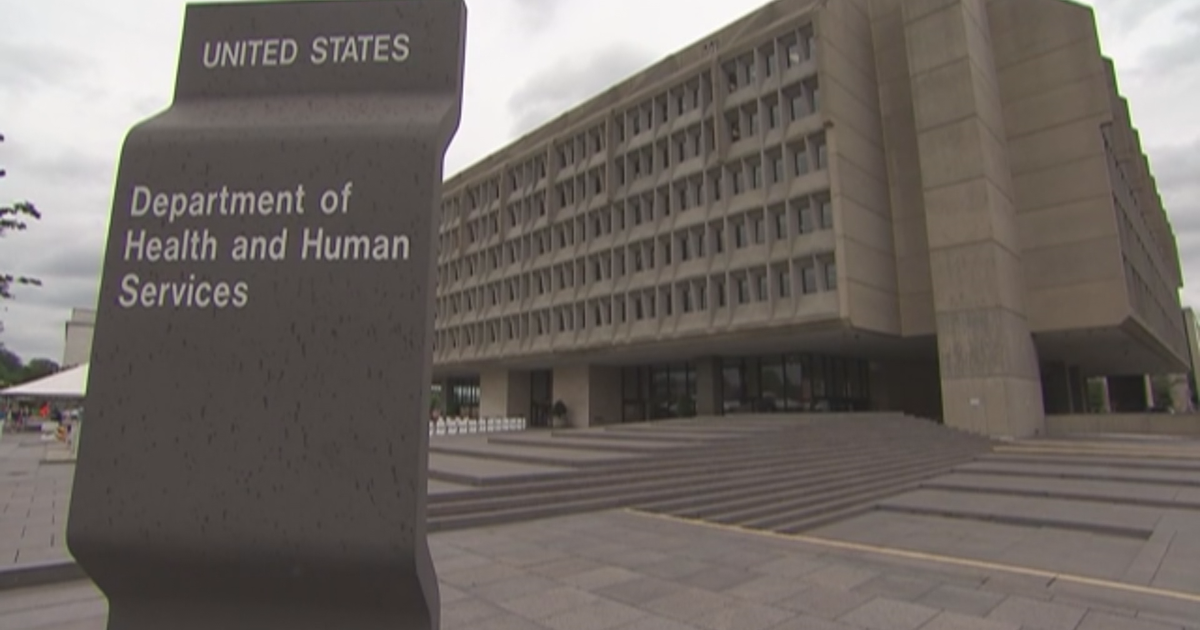CDC: Children face 'sleep crisis' with potential impacts on mental health
BALTIMORE - According to the CDC, at least 50 percent of middle schoolers and 75 percent of high school students are not getting the proper amount of sleep on a daily basis.
The youth sleep crisis is one that some experts believe is behind the youth mental health crisis that the surgeon general has issued a warning about.
"It affects everything we do, including the functioning of kids, the ability to learn, their mental health, emotional social health and physical health," said Oleg Tarkovsky, Director of Behavioral Health Services at CareFirst Blue Cross & Blue Shield. "It affects everything."
Tarkovsky says for children up to 6 years old, the largest impact is on growth and development. For teenagers and adolescents, their learning is impacted by memory and the ability to interact with other peers.
But this crisis among children isn't all about how much sleep they are getting.
It is also when children are going to sleep.
"As kids go through puberty, their ability to fall asleep earlier goes down and their need to sleep in later increases," Tarkovsky said.
Tarkovsky says sleep hygiene is important.
Going to sleep at the same time every day, regardless of age, will help children get in a healthy pattern and staying away from screens as much as possibly two hours prior to bedtime helps with sleep.
Parents also play a part in children's sleep habits.
"For kids, adolescence, most of the learning that takes place in relation to their parents, is through modeling," Tarkovsky said. "The best thing parents can do is model positive behaviors for their children."







